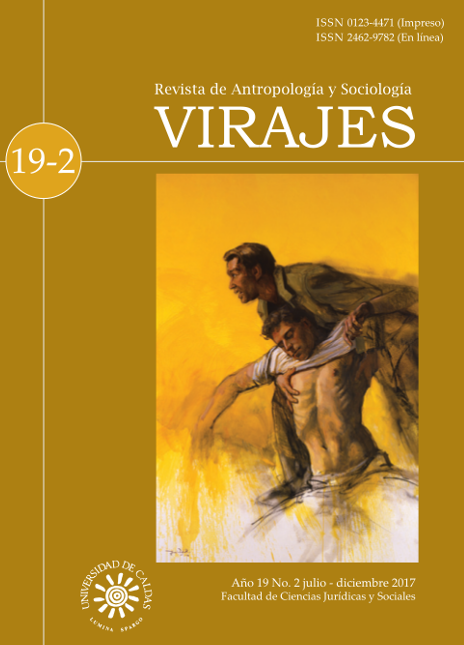Authors
Abstract
The fluidity of capital in today’s globalization has not been unnoticed. While it intervenes in the spatial configuration of the territory and in the management of the institutions of public power, it is making the metropolitan regions resemble between them, due to the omnipresence of certain “constitutive tendencies.” De Mattos (2006) provides five trends that qualify the city as a polycentric, informal / unequal, business oriented, made for the automobile and artifact city. Three additional trends are proposed from this article with the descriptions: city without memory, wasted city and orchestrated city. As a great conclusion, it is argued that the framework of the globalized economy favors the “deterritorialization” of power. At the local level, it is exercised with laxity towards figures of transnational power and agrees to participate as a partner of large capital interested in maximizing surplus values.
References
Castells, M. (1976). La cuestión urbana. Ciudad de México, México: Siglo XXI editores.
Castells, M. (2016). La recuperación de la plusvalía urbana: un peldaño fundamental hacia la justicia social plena. Recuperado de https://www.alianzapais.com.ec/wp-content/uploads/2016/12/DOC-IPP-LEY-PLUSVAL%C3%8DA-DIC-2016.pdf.
Dematteis, G. and Governa, F. (2001). Urban Form and Governance: The New Multi-centred Urban Patterns. En Anderson, H. et al., Change and Stability in Urban Europe: Form, Quality and Governance. Aldershot, United Kingdom: Ashgate Publishing.
De Mattos, C. (2006). Modernización capitalista y transformación metropolitana en América Latina: cinco tendencias constitutivas. En Geraiges de Lemos, A. et al. (org.), América Latina: cidade, campo e turismo (pp. 41-74). Buenos Aires, Argentina: CLACSO.
De Mattos, C. (2008). Globalización, negocios inmobiliarios y mercantilización del desarrollo urbano. En FLACSO, Lo urbano en su complejidad: una lectura desde América Latina (pp. 35- 62). Quito, Ecuador: FLACSO.
Han, B.-C. (2016). Sobre el poder. Barcelona, España: Herder.
Lefebvre, H. (1972). La revolución urbana. Madrid: Alianza Editorial.
Lynch, K. (2005). Echar a perder: un análisis del deterioro. Barcelona, España: Editorial Gustavo Gili.
Observatorio Metropolitano de Madrid. (2015). El mercado contra la ciudad: globalización, gentrificación y políticas urbanas. Madrid, España: Traficantes de Sueños.
Pinçon, M. et Pinçon-Charlot, M. (2004). Sociologie de Paris. Paris, Francia: La Decouverte.
Sabatini, F. (1997). Conflictos ambientales y desarrollo sustentable de las regiones urbanas. EURE, 22 (68), 77-91.
Smolka, M. y Biderman C. (2011). Vivienda informal: una perspectiva de economista sobre el planeamiento urbano. Documento de trabajo. Lincoln Institute of Land Policy.
Smolka, M. y Amborski, D. (2003). Recuperación de plusvalías para el desarrollo urbano: una comparación inter-americana. EURE, 29 (88), 55-77.
Vázquez, M. (2001). Construcción e impacto sobre el ambiente: el caso de la tierra y otros materiales. Informes de la Construcción, 52 (471), 29-43.
Verdaguer, C. (1999). Paisaje antes de la batalla. Recuperado de http://habitat.aq.upm.es/boletin/n13/acver.html

 PDF (Español)
PDF (Español)
 FLIP
FLIP


















